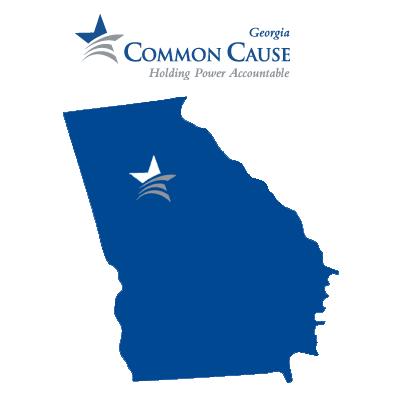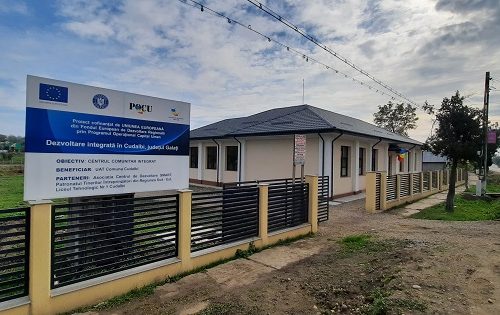Working in ethics reform

Part of my line of work at Common Cause Georgia, United States is to assist in the development of a local government ethics board. Ethics seems to be something that everybody talks about and knows about, but one can feel the effects of lack of ethical behavior in the community, especially in the developing countries. But what is government ethics? One definition that I particularly like is given by Robert Cusick, Director of the United States Office of Government Ethics: “That system of laws and procedures which tends to ensure that official government decisions are informed by the public interest and not corrupted by private interests. The core of that system is the identification and disclosure of conflicts, which is followed closely by measures to remove or remedy the conflicts. Accountability and transparency are the cornerstones of those efforts.”
An ethical organization should embrace at least three essential elements:
- A code or set of principles which is enforceable.
- Ethical leadership of the organization.
- And an ethical culture that arises from the first two.
The US Federal Government issued legislation that ads 14 more principles that broadly define the obligations of public service. Underlying these 14 principles are two core concepts: employees shall not use public office for private gain, and employees shall act impartially and not give preferential treatment to any private organization or individual.
As Thomas Jefferson said, “the whole art of government consists in the art of being honest,” it is vital that citizens choose their elected officials with great care. The first step to do that is to actually go to vote and elect people who they consider are most ethical, as these people not only make important decisions but also appoint key governmental executives. The back-up plan for that is for citizens to put pressure on governments to establish the position of “ethics officers” or have the initiative and courage to run for elected offices.
My work experience with Common Cause Georgia is facilitated by the Community Solutions Program, funded by the US Department of State’ Bureau of Educational and Cultural Affairs and implemented by IREX: www.flickr.com//photos/irex/sets/72157627500775854/show/with/6073410682/


One Comment
Pingback: